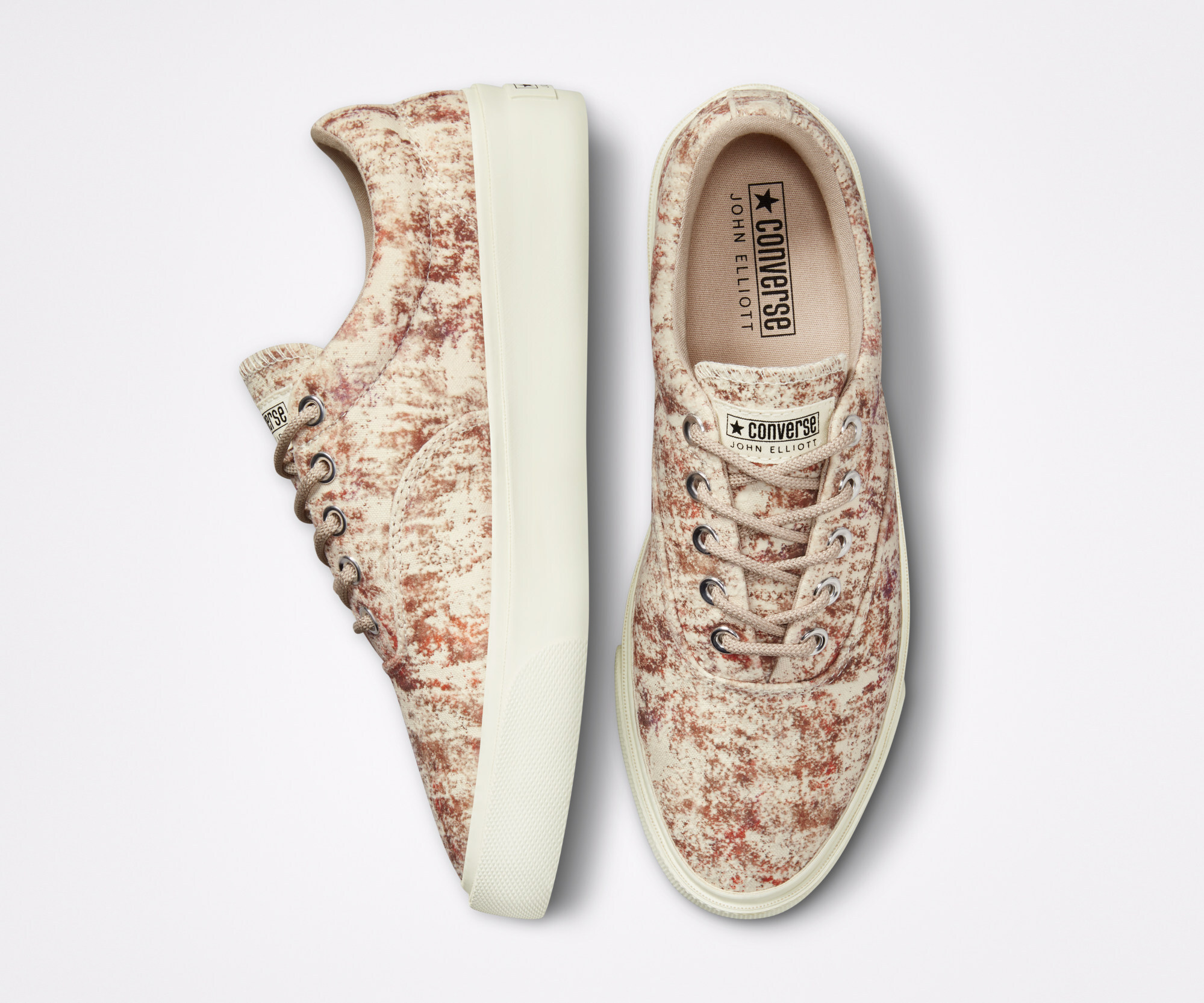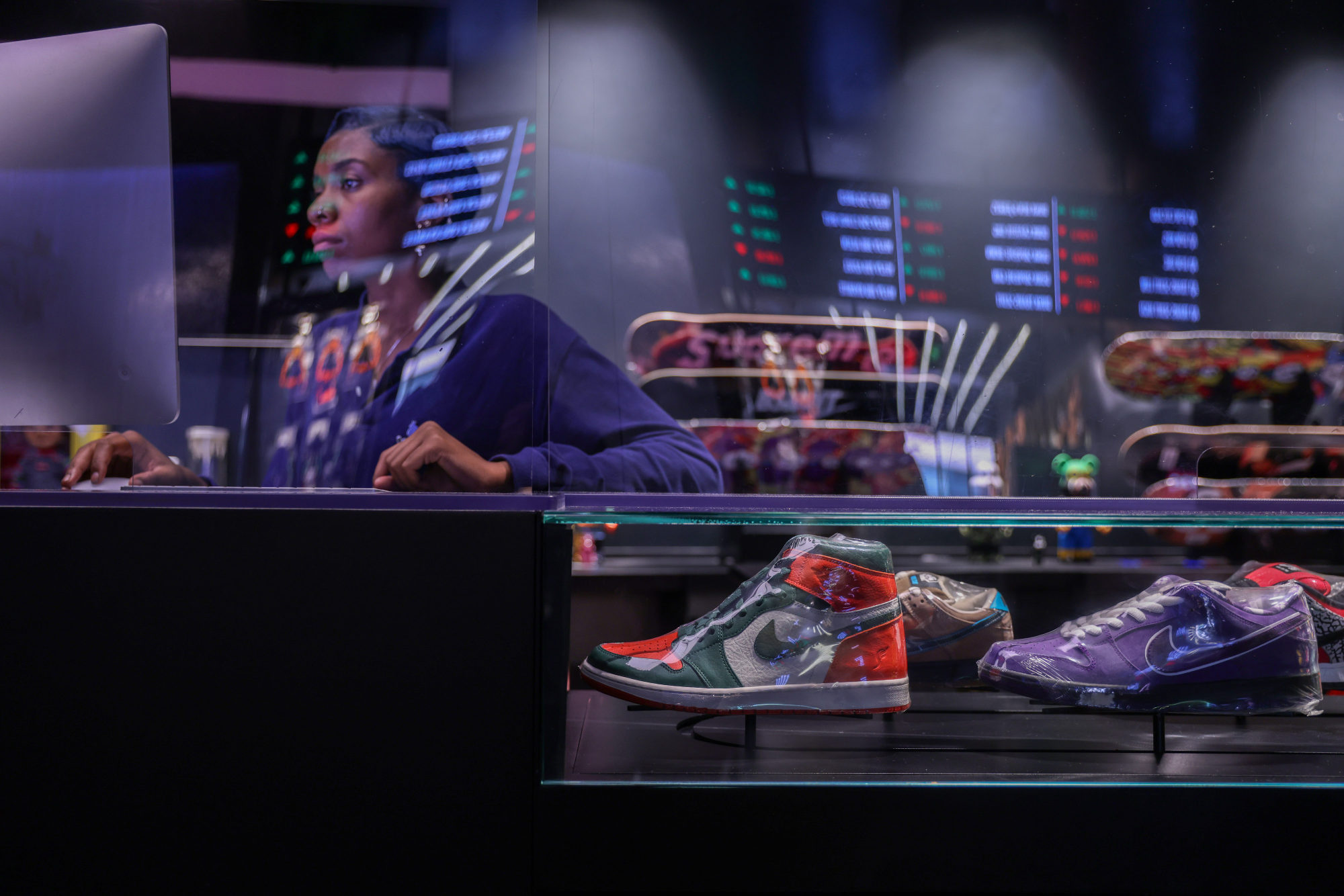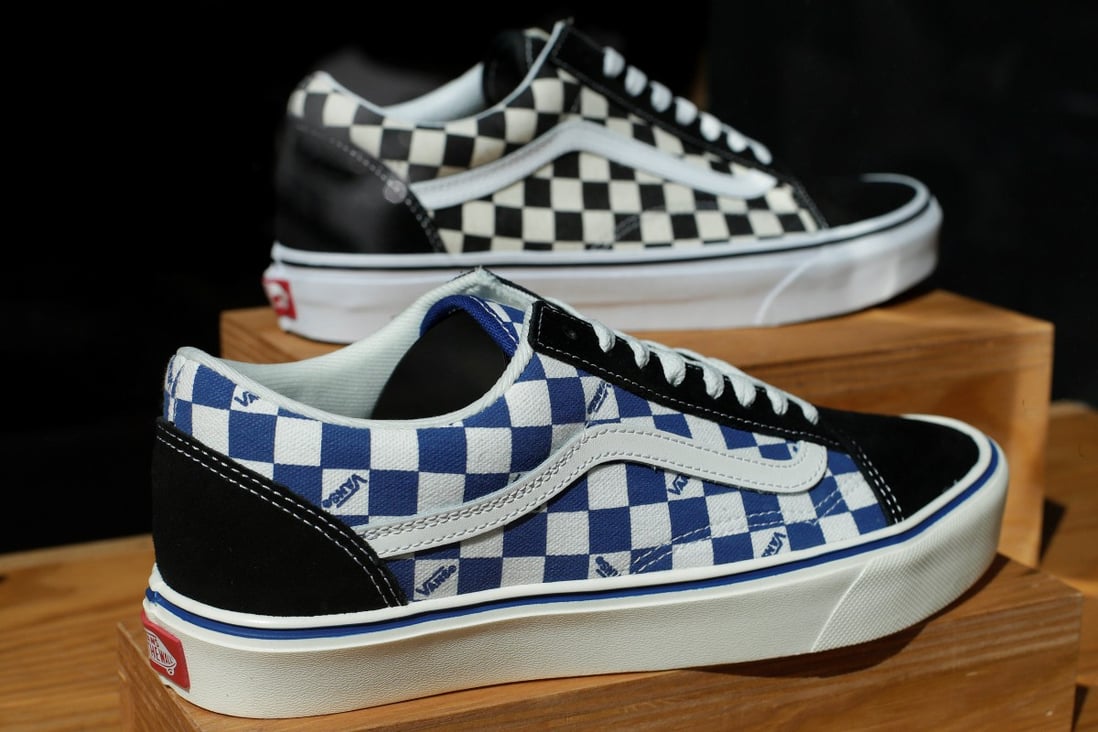Founder of Huali, sneaker maker for Nike, Converse and Vans, started his first shoe business on a pig farm in Taiwan - now Zhang Congyuan has a US$13 billion-plus fortune
https://www.scmp.com/lifestyle/fashion-beauty/article/3145780/founder-huali-sneaker-maker-nike-converse-and-vans-started?module=lead_hero_story&pgtype=homepage
Founder of Huali, sneaker maker for Nike, Converse and Vans, started his first shoe business on a pig farm in Taiwan - now Zhang Congyuan has a US$13 billion-plus fortune
- Huali makes sneakers for big names including Nike, Converse and Vans, producing over 180 million pairs a year
- Having started his first sports shoe business on a converted pig farm, Huali founder Zhang Congyuan is now Taiwan’s richest person, ahead of Foxconn’s Terry Gou
When Zhang Congyuan started his sneaker business more than three decades ago, he couldn’t afford a regular factory, so he converted a pig farm next to paddy fields in western Taiwan.
Today, the founder of Huali Industrial Group is worth more than US$13 billion, according to the Bloomberg Billionaires Index. Huali, which counts Nike, Converse and Vans among its customers, produces more than 180 million pairs of shoes a year.
Huali’s shares have surged 162 per cent since going public in Shenzhen in April, propelling Zhang, who owns 87 per cent of the company along with his family, to the top of the island’s rich list. He’s now wealthier than Terry Gou of Foxconn Technology, which makes iPhones for Apple. It’s another example of a Taiwanese entrepreneur minting a vast fortune in contract manufacturing.
“I grew up in a rural village, and I’m just managing a small company,” Zhang, also known as Chang Tsung-yuan, said in an interview with Taiwan’s Business Weekly in May, in which he described how he got started in the sneaker business. “Over the past decades, I just put all my effort into shoes.”

Representatives for Huali didn’t respond to requests for comment.
Zhang was born into a farming family in Taiwan in 1948. After graduating from an agricultural college, he started working in a factory producing women’s shoes, according to the Business Weekly report. He saved money to start his own firm, and set up several footwear ventures in Taiwan and Guangdong in southern China in the 1980s.
In 1990, Zhang founded Liangxing Industrial with partners in Hong Kong, according to Huali’s initial public offering prospectus. Liangxing went public in Hong Kong in 1995 and was later renamed Symphony Holdings. Zhang established Huali in Zhongshan, a mainland Chinese city near Hong Kong, in 2004, and he and his family bought assets from Symphony in 2014 to develop Huali as he quit as a director of Symphony the same year.
Huali now also has operations in Vietnam, Myanmar and the Dominican Republic.
The company’s prospects are good, said Zhao Shuli, an analyst at Industrial Securities in Shanghai. He said he expects Nike to shift more orders to Huali over the medium term.

“Despite the global consumer environment being hit by the pandemic in 2020, Huali has maintained stable capacity and shipments,” Zhao said. “Its global factory locations have to some extent helped it achieve better profit growth than industry peers.”
Huali reported revenue of 13.9 billion yuan (US$2.1 billion) last year with 21 manufacturing bases globally as of the end of 2020, according to its prospectus. It posted 1.9 billion yuan in net income, an 8 per cent increase on the previous year.
But Zhao noted that the virus situation and the company’s dependence on certain major clients could constrain its growth.
Zhang played down his success in the Business Weekly interview, saying it wouldn’t change his life.
“I am a boring person,” he said. I’ll just keep “doing the things I’m good at.”



Comments